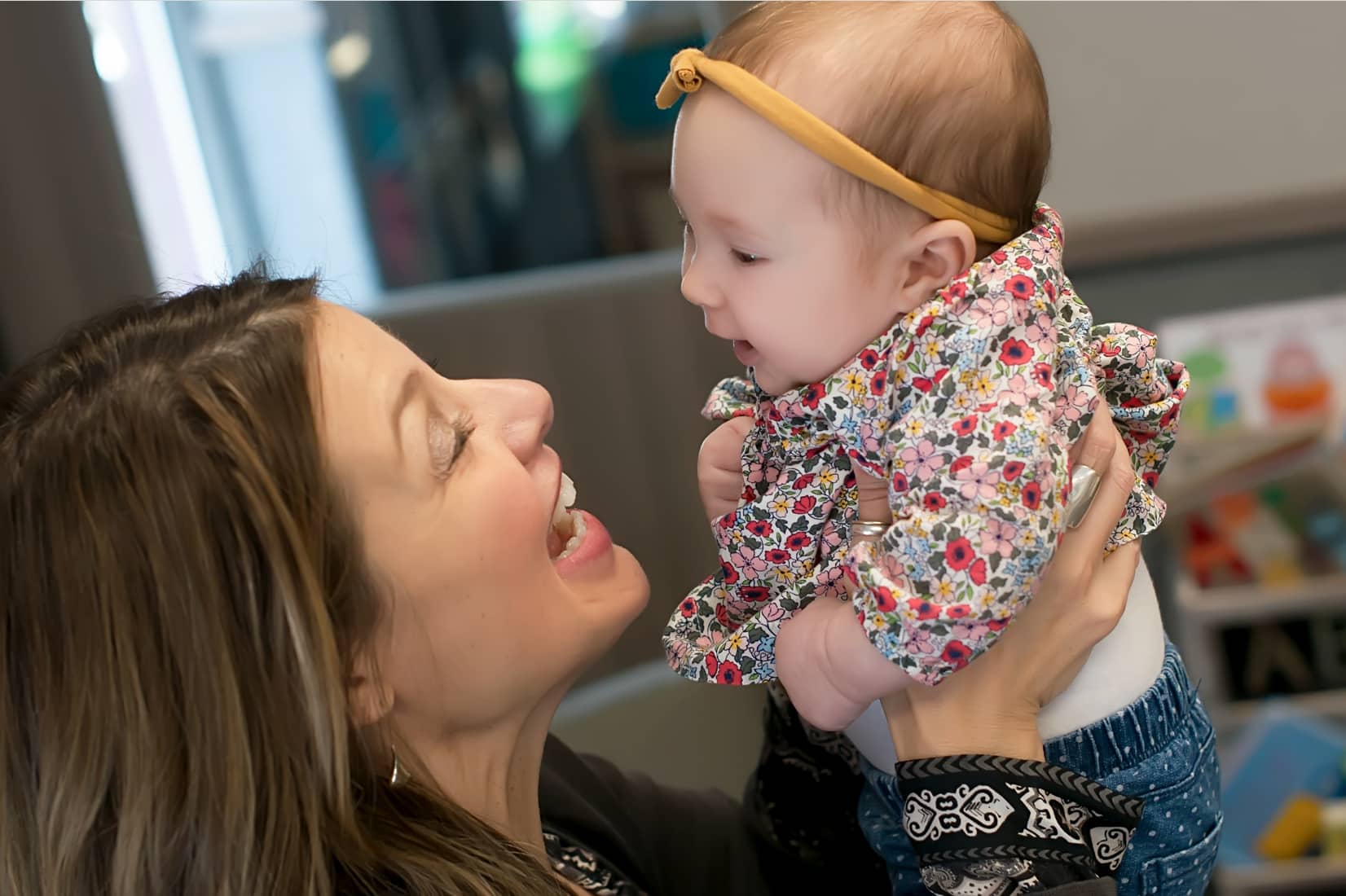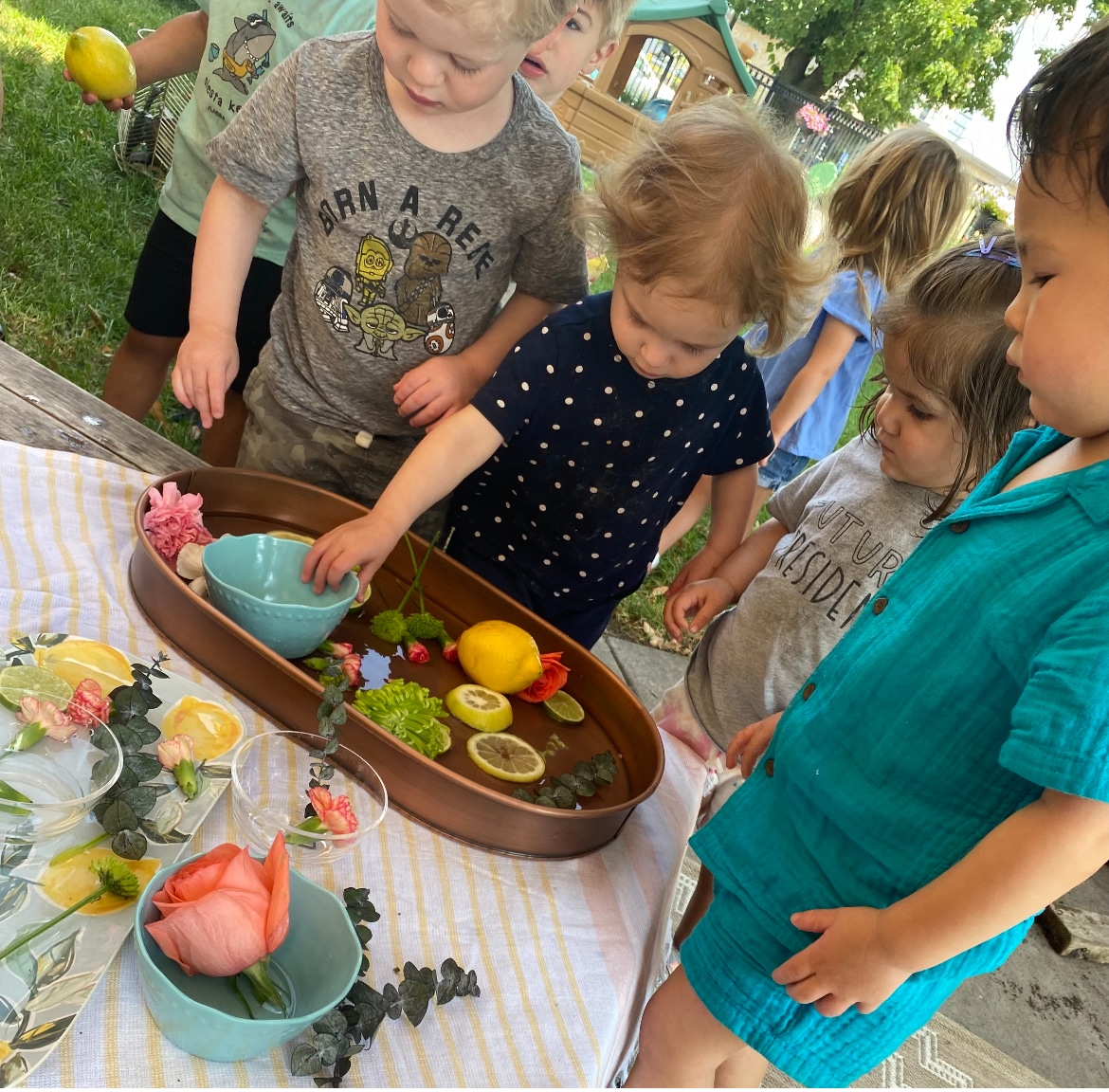EXECUTIVE FUNCTION: SKILLS FOR LIFE!
Many of us have read statements such as these: “Executive function skills are essential for success in life”. . . “Executive function skills are better predictors of academic success than a child’s I.Q.”. . . Yikes! These skills sound important, but what exactly are they, and how can I make sure my child has them?
If you research executive function you might find different ways it is divided into dimensions. You may read a handful of explanations from a variety of sources. But, in a nutshell, EF is simply how the brain organizes and acts on information. These are the skills that interpret information coming in, remember it, apply it, block out distractions, and help us mentally shift gears as needed. Believe it or not, these skills begin developing in infancy. And yes, we too, can help facilitate development in executive function with our little ones.
I am a mother of two, and probably like many of you, want to make sure I am giving my children every opportunity to grow and learn. EF can be tied into many facets of our children’s day. By knowing what these skills are and thinking of ways to practice these skills, we can easily help our children succeed in developing these very important skills for life! Here are just a few simple tips and ideas to facilitate EF skills in your little ones at home.
INFANT MOTHERS
Talk, talk, talk to your babies! Notice objects or activities your little one is watching. Name the object and talk about it. Be sure to repeat key words and phrases often. This simple activity helps lengthen the child’s attention and build working memory. As your little ones learn language, they are developing memory of what is said, the beginnings of connecting vocabulary to objects.
Place a blanket over a favorite toy and encourage your children to find it. When they can successfully find objects under the blanket, begin to hide objects in other areas while they watch you. This builds working memory as they remember where you moved your body to place the object. It also builds attention as they watch you hide the item and then proceed to search themselves.
TODDLER MOTHERS
I’m with you on this journey, as I have a beautiful, busy, and a wee-bit-bossy, sweet toddler of my own! One way we practice EF is to play ‘Copy Me’ and ‘Freeze’ games. I ask my 2-year-old to copy me as I jump, crawl, clap, etc., around the house. This encourages him to use his working memory, sustain attention, and practice blocking impulses or distractions. The same is true during the ‘Freeze’ game. We select rowdy music to inspire daring dance moves. Then, when the music stops, we ‘FREEZE’! This gives my son a great opportunity to practice impulse control and maintain attention, while waiting for the chance to dance again.
Sorting activities are an excellent way to promote EF with toddlers. Simple household activities we practice are: searching for all of the washcloths in the laundry basket, helping put the silverware away, and putting all of our toys in their correct place when we clean up.
For older toddlers, try sorting items in an unexpected way. Put the green play food on the red plate and the red play food on the green plate. This can be a challenge for toddlers as they try to resist the impulse to put similar items together, as well as engage their attention and working memory in staying on task and recalling specific rules.
PRESCHOOL MOTHERS
One of the best things we can do for our preschoolers to help them develop EF is to let them be creative and try out their own ideas! When my 5-year-old daughter wanted to turn our kitchen table into a bear cave, she needed to make decisions as to what she would need, remember these items, plan the steps needed to implement them, all without getting off course by the many distractions of a busy household (planning, attention, problem-solving and impulse control. . . great EF). She also needed to adjust when things did not turn out as expected. For example, when “her cub” (my toddler son) wouldn’t stay in the cave while she hunted, she quickly recovered by letting him have a couple of trains in the cave. Problem solved!
Another fun activity we do is act out familiar stories. By having your children retell a story, they are required to remember the story, maintain attention to what happens next, and resist the urge to make up their own plot. They may even want to pull out props or costumes!






 Berry Holiday Picks
Berry Holiday Picks
